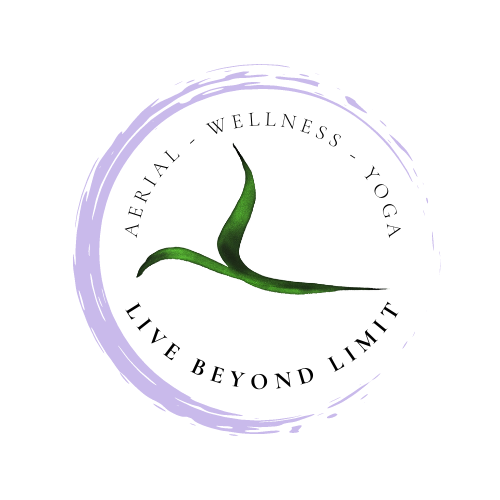Gratitude. It’s something we hear about and maybe even experience often, but that we may not fully understand or utilize to the highest capacity.
What is gratitude in and of itself exactly? Well, the Merriam-Webster Dictionary defines it as:
: the state of being grateful : THANKFULNESS
expressed gratitude for their support
Gratitude is a proposed evolutionary development for the survival of our species through reciprocal altruism. Depending on ones upbringing, exposure, and experiences with gratitude in early development individuals may become very open or closed to receiving from their environments.
The easier it is to receive and experience gratitude, the more it is able to be leveraged as a powerful and effective tool on mental, physical, and spiritual health and well-being. If you’re new to gratitude practices, explore the following:
Things you’ve enjoyed and are happy to have in your life from your past
Notice where you are presently in your life or environment and the things you appreciate
Explore things you’re looking forward to that are coming up or in the works
We can explore these gratitude practices through:
Journaling
Meditation
Expression of appreciation
Observation of the support you receive
Vision-board of the things you’re grateful for past, present, future
What does scientific observation have to reveal about how much living in a thankful state can help our health and lifestyle? The research is extensive, but below are a few highlights that are especially important to note.
Gratitude journaling increased progress towards reaching personal goals. (UC Davis)
Gratitude can help increase levels of serotonin and dopamine. (UPenn)
Gratitude facilitates uplifting emotions, improves our resilience, and reduces feelings of envy (Amin, 2014).
Gratitude improves your physical health according to research reported from UC Berkeley (Summers, 2018).
Gratitude journaling for even just 5 minutes a day increases long-term sense of socio-emotional happiness by over 10% revealing that our focus and perspective are significant influences on our well-being. (Emmons & McCullough, 2003; Seligman, Steen, Park, & Peterson, 2005)
Gratitude improves organizational/corporate wellness, productivity, attendance, and job satisfaction. (UPenn)
Expressing gratitude to your significant other helps the quality of your relationship improve (Algoe, Fredrickson, & Gable, 2013).
The practice of gratitude in cardiac patients improved sleep, reduced inflammatory markers, and less fatigue (Summers, 2018)
Individuals with neuromuscular disorders can that consistent gratitude practices offer improved sleep (Berkeley)
Reduces depression and increases feelings of happiness (UC Davis).
Practicing gratitude and grateful thinking helps kids with improved attitudes at school and home (Froh, Sefick, & Emmons, 2008).
Gratitude helps individuals with neuromuscular disease improve sleep quality and durations, energy levels, sense of well-being, and mood levels. (UC Davis)
Gratitude increases heart coherence and HRV, a measure of the health of your nervous system. (BYU, 2019)
Gratitude practices increase your immune system’s immunoglobulin A levels (igA), decrease cortisol levels (stress hormone), and increase DHEA levels helping your body to both ward off stress and recover more efficiently. (BYU, 2019)
So what are you waiting for? Start practicing your attitude of gratitude to reap the benefits for yourself mentally, physically, and emotionally. Need help? Book a class or private session to start tapping into your gratitude today!


